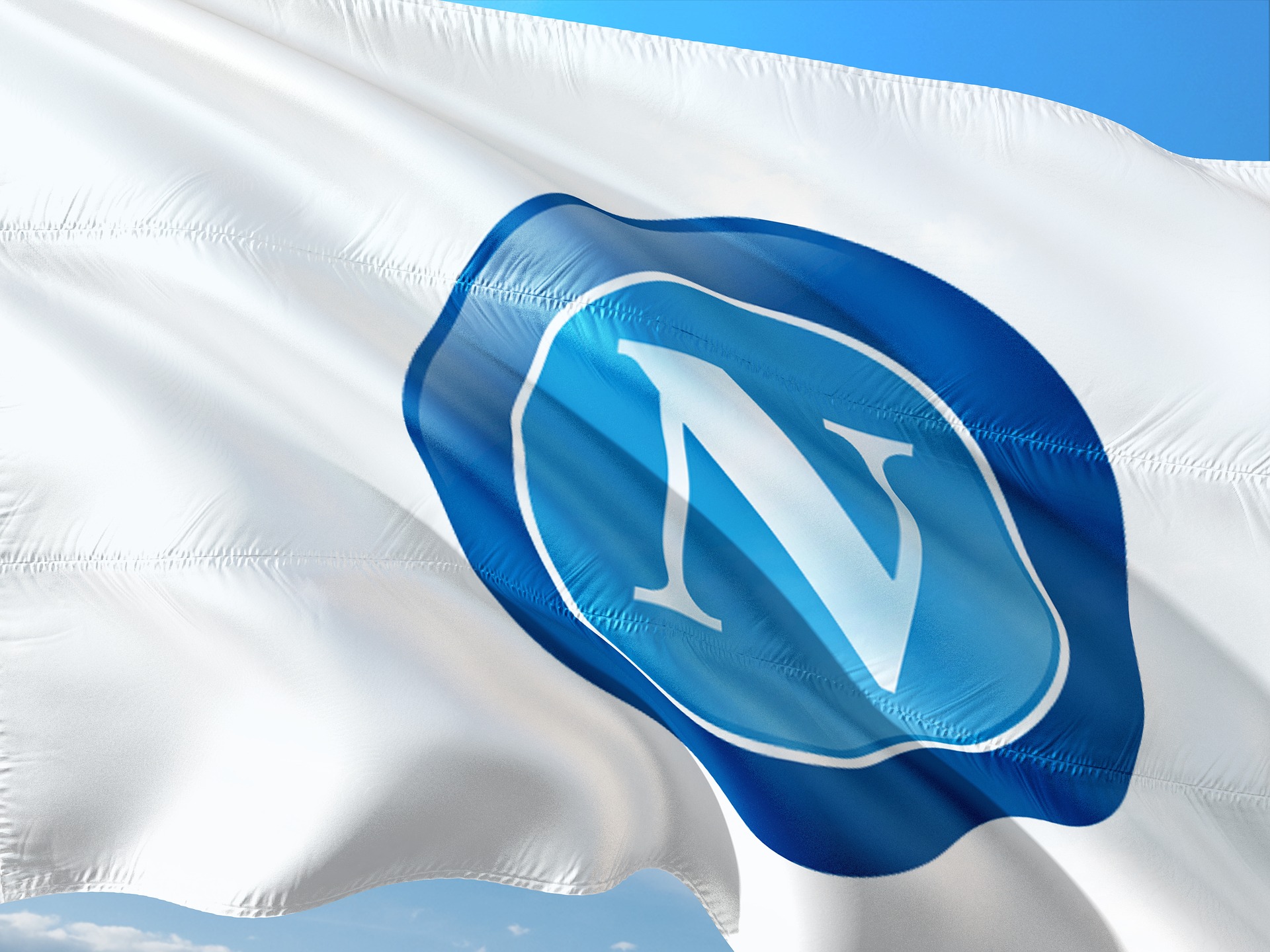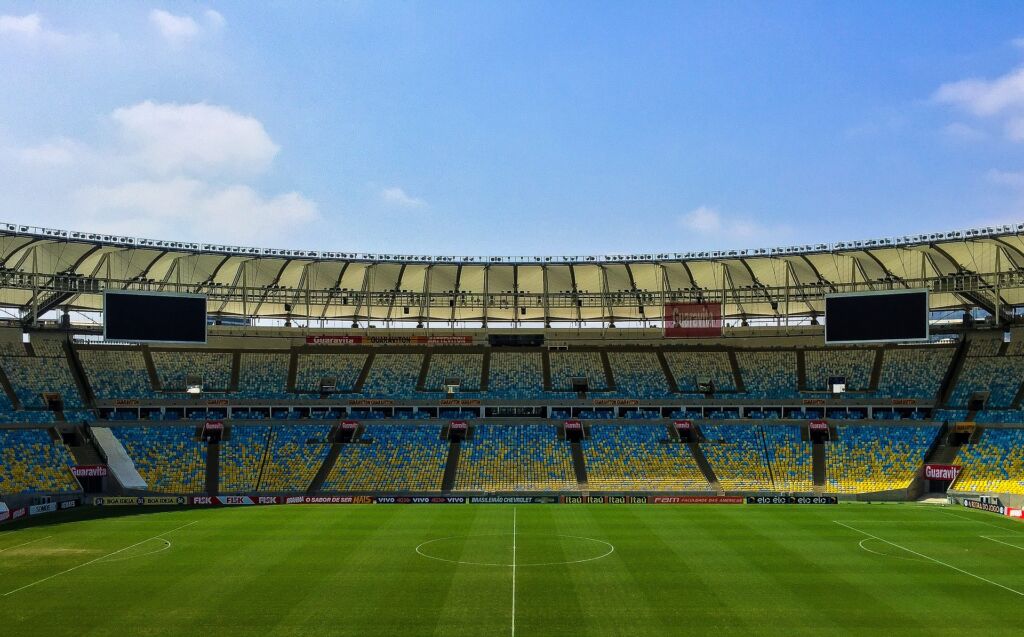The legal conditions of SSC Napoli’s appeal to the CONI’s College of Guarantee

On 4 December the CONI (italian olympic committee), on its website, published a note (click here to read it) in which it briefly illustrated the reasons formulated by SSC Napoli to the College of Guarantee, in support of the request for annulment of the decision of the Sports Court of National Appeal of the FIGC (italian football federation), adopted with official statement n. 14 of 10 November 2020.
In the decision of 10 November, the Court of Appeal confirmed the decision of the Sports Judge of the football Serie A League, Gerardo Mastandrea, to impose the 0-3 defeat in favor of Juventus F.C. of the Juventus – Napoli match, not played on 4 October 2020, as well as the penalty of 1 point in the standings for the 2020/2021 Sports Season against Napoli.
The decision of the Federal National Court of Appeal
In particular, among other things, the Court had recognize the Napoli’s violation of the principle of “loyalty, probity and healthy competitive spirit” prescribed by the CONI, clarifying that the conduct adopted by the company in the days prior to the meeting with Juventus (the continuous requests for clarification from the ASL on the consequences deriving from the fiduciary isolation of the first team, despite the knowledge of the contents of the federal protocols on the subject; the cancellation of the charter flight the day before the meeting, etc.), was aimed at pre-establishing an “alibi” not to dispute it.
In the article of last 15 November (click here to read it) we tried to chronologically reconstruct the stages of the story, analyzing the legal reasons set out by the sports justice bodies in their respective rejection measures.
Therefore, in this article, we will only explain the legal reasons that Napoli has formulated in support of its appeal to the CONI College of Guarantee, clarifying the content of the aforementioned rules.
The appeal presented by SSC Napoli
The CONI note reads verbatim that SSC Napoli asked the College of Guarantee to annul the decision of the FIGC National Court of Appeal and to directly order the National Serie A Professional Association and the FIGC to have the Juventus match played – Napoli, also returning the penalty point imposed on the latter.
The request for cancellation due to force majeure and/or factum principis
The legal grounds on which the annulment of the decision of the Court of Appeal should be based, according to SSC Napoli, would be the recognition, by the College of Guarantee, of the existence of force majeure pursuant to art. 55 of the NOIF, or in any case of the factum principis (the provision of an authority), which would have prevented the Neapolitan club from playing the match on 4 November with Juventus.
Art. 55 of the NOIF (internal organizational rules of the FIGC) provides that “teams that do not appear on the pitch within the time limit referred to in art. 54, paragraph 2 (45 minutes from the starting time of the match), are considered to have renounced the match with the consequences provided for by art. 53 – (from the minimum penalty of a 0-3 defeat and a penalty point, up to the maximum penalty of expulsion from the Serie A championship in case of reiteration of the violation) – unless they demonstrate the existence of a cause of force majeure”.
In the present case, SSC Napoli believes they have demonstrated the existence of force majeure, in particular the factum principis, which would have prevented the first team from leaving for Turin and playing the match.
According to the defense of the Neapolitan company, in fact, the communications of 3 and 4 October with which the Asl (the local health authority) of Naples 2 North had arranged for the fiduciary isolation for 14 days for the close contacts of the two players of the first team who tested positive at “Covid 19” (Zielinski and Elmas) and the consequent non-existence of the conditions to undertake the journey to Turin, would represent a decision preventing the regular dispute of the match with Juventus, adopted by a local authority competent to decide on the issue.
The questions that many industry insiders have asked themselves are:
- Were the Napoli ASL competent to decide on the existence of the conditions for the match to be played and on the quarantine imposed on the Napoli team group?
- Why did the ASL of Naples 1 Center deny its competence, while the ASL of Naples 2 North exercised it directly?
To try to answer it it is necessary, as always, to analyze the existing rules.
SSC Napoli considers the decision of the Local Health Authority to prevent the trip to Turin to be legitimate, since this competence would have been conferred to the ASL by the Press Release n° 51 of 2 October 2020, published by the National Serie A Professional Association following the Lega Council of the day previous (click here to read it).
The aforementioned press release contains additional rules that integrate the rules established by the FIGC protocols on the training and competitions of professional football teams, women’s Serie A and referees, in the event of a positive “Covid 19” of one or more team members .
The third paragraph, indeed, expresses in an incident that these rules apply “regardless of the provisions of other rules and/or regulations applicable to the individual competition and without prejudice to any provisions of the state or local Authorities, as well as the Italian Football Federation“.

SSC Napoli, therefore, argues that the communication of 4 October with which the ASL of Naples 2 North expressed its negative opinion on the existence of the conditions for playing the match and imposed home fiduciary isolation for the first team, should be considered an impediment provision issued by a local authority competent to decide, which derogates from the provisions of the FIGC protocol on the training and competitions of professional football teams of 22 May 2020 (click here to read the protocol).
It should also be clarified, however, that the aforementioned sentence refers not only to the provisions of the local ASL, but also to those of the FIGC (“without prejudice to any provisions … of the Italian Football Federation“).
The FIGC Protocol of 22 May 2020 (subsequently updated to 30 October), referred to above, makes no reference to any derogating measures from the provisions prescribed therein, issued by national and/or local authorities. Indeed, the only reference to the health authorities is provided in relation to the mapping of the contacts of the positive subject to “Covid 19”.
In particular, the fifth paragraph “Situazioni specifiche” (page 8) requires that:
“If, during the period of resumption of group training, there is a case of proven positivity to COVID-19, immediate isolation of the person concerned must be provided. (omissis) From that moment on, all the other members of the “team group” will be subjected to fiduciary isolation at an agreed structure; will be subjected to careful clinical evaluation under the continuous control of the Social Doctor, will be subjected to execution of tampon (even rapid) every 48 hours for 2 weeks, in addition to serological tests to be carried out the first time when positive and to be repeated after ten days, or according to periodicity or further indications of the CTS (technical scientific committee). No member of the aforementioned “team group” may have external contacts, while allowing the isolated group to continue training”.
The rules of the FIGC protocol on the management of positivity cases, therefore, seem quite clear. What is not, in our opinion, is the legitimacy to derogate from these rules by the local ASL, despite the Press Release n. 51 published on 2 October by the National Serie A Professional Association seem to attribute this right to them, without however clarifying the methods and cases of intervention.
The answer to the first question, therefore, cannot be either positive or negative, as it is not clear whether the local ASLs have the right to prevent the dispute of a match between Serie A league teams.
What is perplexing, more than anything else, is the obvious contradiction between the provision envisaged in the Press Release n. 51 of the Lega Calcio (these rules apply “… without prejudice to any provisions of the state or local authorities …”) and the case management rules of positivity provided for in the Protocol issued by the FIGC.
If the purpose of the Lega Calcio was to integrate these rules with further provisions that were complementary to them and clarify the conduct to be implemented in cases still of doubtful interpretation, they have obtained the opposite effect, risking to compromise a championship, the development of which risks constantly being interrupted.
These considerations also allow us to understand the reason why the ASL of “Naples 1 Center” has excluded its responsibility to implement the FIGC protocol, leaving this task to the company.
Surely also the ASL of Naples 2 North could have adopted the same conduct, avoiding following a mandatory protocol for all citizens, but at least partially waived by the football system, which had published its own for a few months.
Final remarks
What appears clear is that the Sports Judge first and the Federal National Court of Appeal then rejected the version of SSC Napoli, for a very simple reason: the conduct adopted by the Neapolitan company (continuous requests for clarification to the local ASL, cancellation of the flight and tampons, etc.) before receiving the communication from the ASL of Naples 2 North was judged directed to pre-establish an alibi for not playing the match against Juventus.
Probably, if SSC Napoli had received concordant negative opinions on the dispute of the match from both local Asl, without implementing all those actions indicated above, the Sports Judge or the Federal Court of Appeal could have considered them facta principis impediments to the regular conduct of the match.
Certainty cannot be reflected in the assumptions, but what is certain is that these regulatory gaps must be filled as soon as possible by the FIGC and/or the Serie A League, in order to avoid the occurrence of cases similar to that of Napoli in the future. .
It remains only to await the decision of the College of Guarantee, which has already specified – in the note published on the CONI website on 13 November (click here to read it) – that the procedure will take place “in the times and in the manner governed by the Code of Sports Justice of CONI and that, considering the importance, even in principle, of the issue, it will be devolved by the President of the Sports Guarantee Board to the judgment of the United Sections“.
It is only necessary to add, for purely juridical purposes, that the College will not be able to rule on the existence of the cause of force majeure on which the Naples appeal is based. This declaration, according to art. 55, paragraph 2, of the NOIF, is the responsibility of the Sports Judge in the first instance and the Court of Appeal in the second and last instance only.




